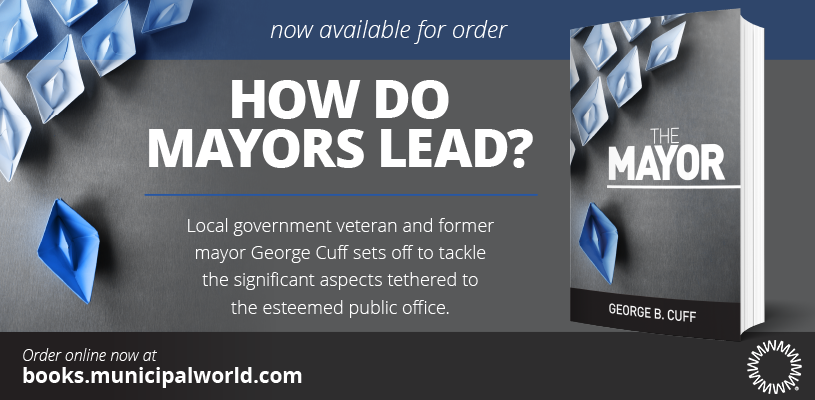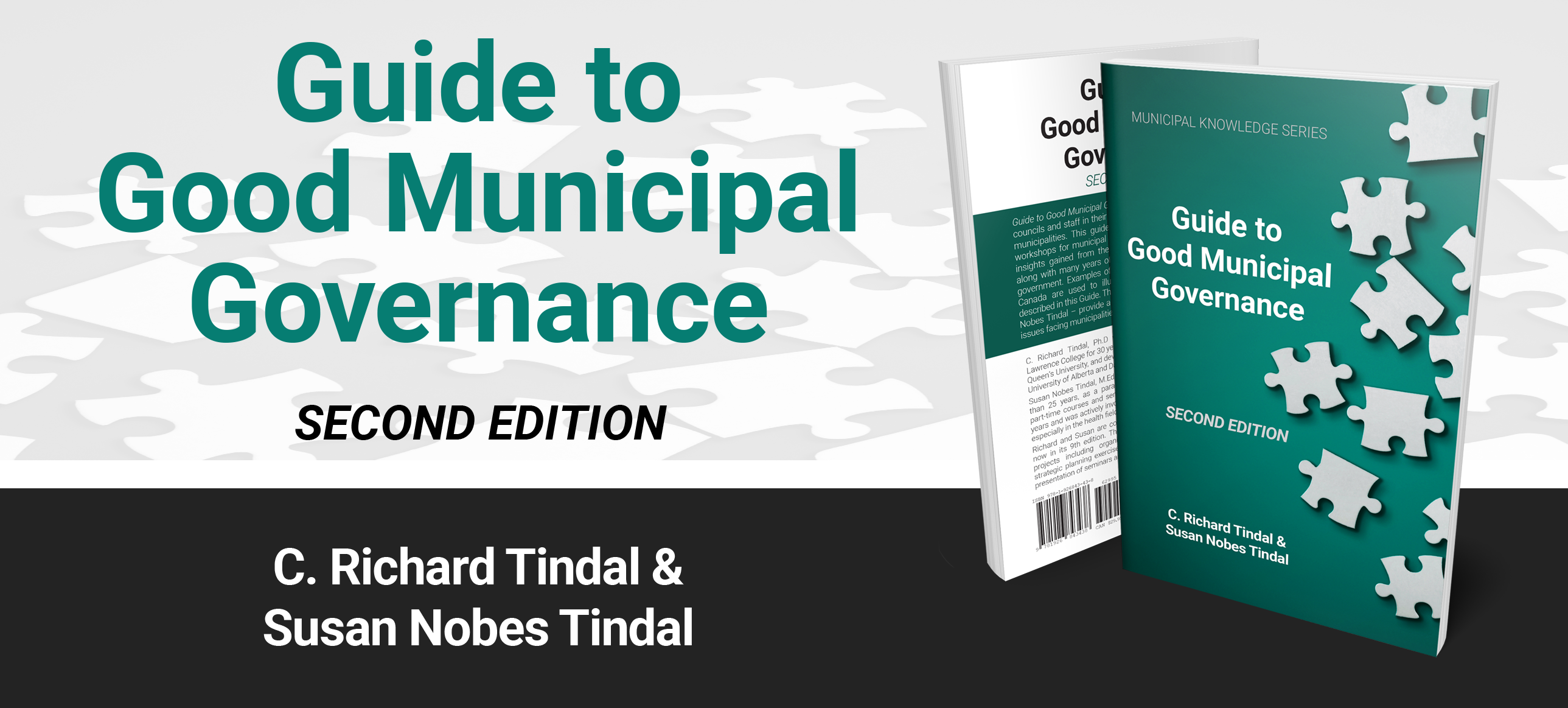Avoiding interview landmines

Five of the most common media interview mistakes and how to bypass them
When you’re in a position of leadership, whether it’s in business or within the community, you need to know how to deal with the media. It’s that simple. The media is an important and powerful filter through which you can easily and quickly communicate with your target audience – but only if you know what you’re doing.
With that in mind, the following are five of the most common media interview mistakes that people make.
1. Poor Understanding of How the Media Works
Waiting too long to return a journalist’s call. Not being able to summarize your story in two or three short, powerful statements. Conducting a radio interview on a cell phone (which often means the audio quality will be poor). Asking the reporter if you can see the questions in advance. These are all common errors made by people unfamiliar with how the media works.
Invest the time it takes to tell your story in a brief, compelling way. Be willing to work with the reporter’s schedule. Respect their deadlines. While we’re not in the business of making reporters happy, there is a professional standard we need to meet. This is the “relations” part of media relations. By working with the system, rather than against it, you’ll help improve the quality of your media coverage.
2. Reactive Mentality
As with many other pursuits, success in media relations starts with having a plan. Doing an interview off the cuff is a recipe for disaster (or, at the very least, mediocrity). Think about it: Before the reporter has called you, they’ve researched the issue, pulled up previous media coverage, and maybe even interviewed a few other subject-matter experts. They’ve already done their homework. So, when the phone rings, you’re at a competitive disadvantage.
Before the interview begins, you need to find out what the focus of the interview will be, create a break of at least 20 minutes or longer (that means getting off the phone), anticipate questions, craft your key messages, prepare bridging phrases to help you stay on track, and then call the reporter back to conduct the interview.
3. Insufficient Preparation
You might be the country’s preeminent expert on watermains, urban planning, or economic stimulation strategies. Fantastic! Subject matter expertise is a great start. But, it doesn’t necessarily prepare you to handle a media interview. It won’t prepare you to bridge away from a hypothetical question back to your key messages. And, it won’t provide you with the tools you need to keep your interview to about five minutes in length, which is the optimal interview length to ensure maximum control over your messages.
With a bit of knowledge and preparation, however, you can improve your odds of success. Understand that a media interview is not a conversation. It’s a strategic exchange of information. You’re not a passenger in the interview. You’re an active participant. Prepare accordingly. Frame your issue, create your messages, practice mock interviews in advance, and prepare yourself to answer the tough questions.
4. Nothing to Say
A media interview isn’t a chit chat. It’s a delivery mechanism for your story. Using “yes” and “no” answers makes it hard for a reporter to quote you and can make for a long, drawn-out interview. Likewise, being wishy-washy in your responses or trying to sit on the fence isn’t quotable.
Be prepared to clearly articulate an opinion or point of view. If you think that new by-law will help boost small business, say so – and then give your top three reasons why. Does that new survey highlight a trend that residents need to know about? Say so, and explain why they should be paying attention.
Define your story before the interview begins. Decide in advance which topics you will entertain and which you won’t. And, have bridging strategies to move away from problematic topics if necessary.
5. Failure to Anticipate Questions
“Who, what, when, where, and why” are just the beginning. You need to prepare yourself in the event you get asked those nightmare questions you’re dreading. One helpful exercise before a media interview is to play the role of the reporter and imagine the questions they might pose. This can really help you refine your messages prior to the interview. That’s not to say you should sit there and answer their questions as if it’s an interrogation. The reporter has their agenda and you have yours. But, understanding the questions that are likely to come your way can help you pinpoint the story you want to articulate.
Here’s another useful exercise: Brainstorm two or three unpleasant questions you hope won’t arise during your interview. Then, develop a strategy for dealing with them (e.g., blocking and bridging phrases, saying it would be inappropriate to comment because the matter is still under investigation, etc.). You can’t possibly imagine every possible question, but you can prepare for categories of questions.
The Bottom Line
A full-day media training session should still be the minimum prerequisite for anyone preparing to face the media. By keeping these tips in mind, however, you can put yourself on the right path toward mastering the art of the great media interview and leaving a legacy of media coverage of which you, your colleagues – and your great-great-grandchildren – can all be proud. MW
✯ Municipal World Insider and Executive Members: You might also be interested in the full version of this article or in Michael Genova, David Di Benedetto, and Jennifer Ormston’s article: Communicating in the midst of a global pandemic. Note that you can now access the complete collection of past articles (and more) from your membership dashboard.
Warren Weeks sold his first newspaper to his grandmother at the age of five, was Wayne Gretzky’s PR handler for a day, did media relations in Walkerton during the E. coli crisis, and has media trained thousands of spokespeople across Canada. Connect with him on Twitter at @warren_weeks.
Related resource materials:



